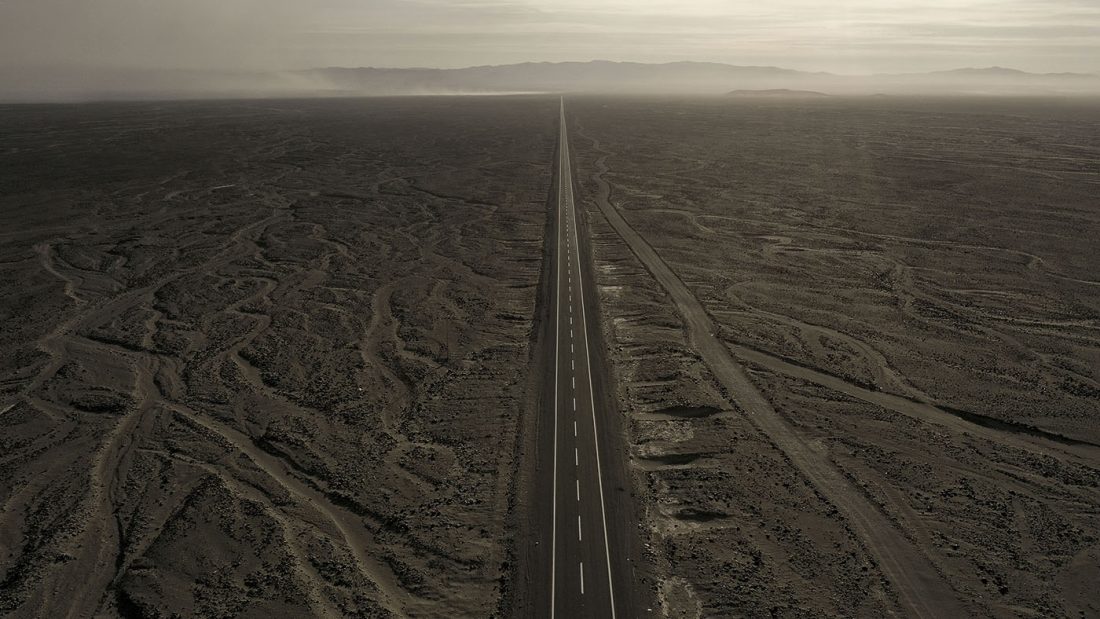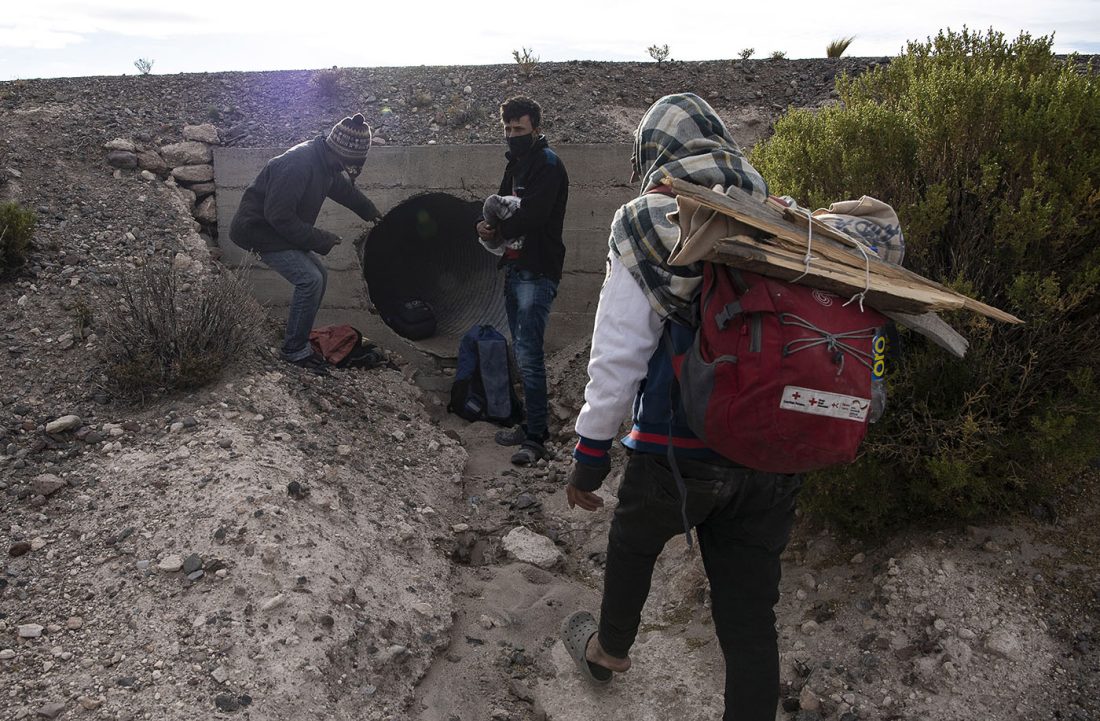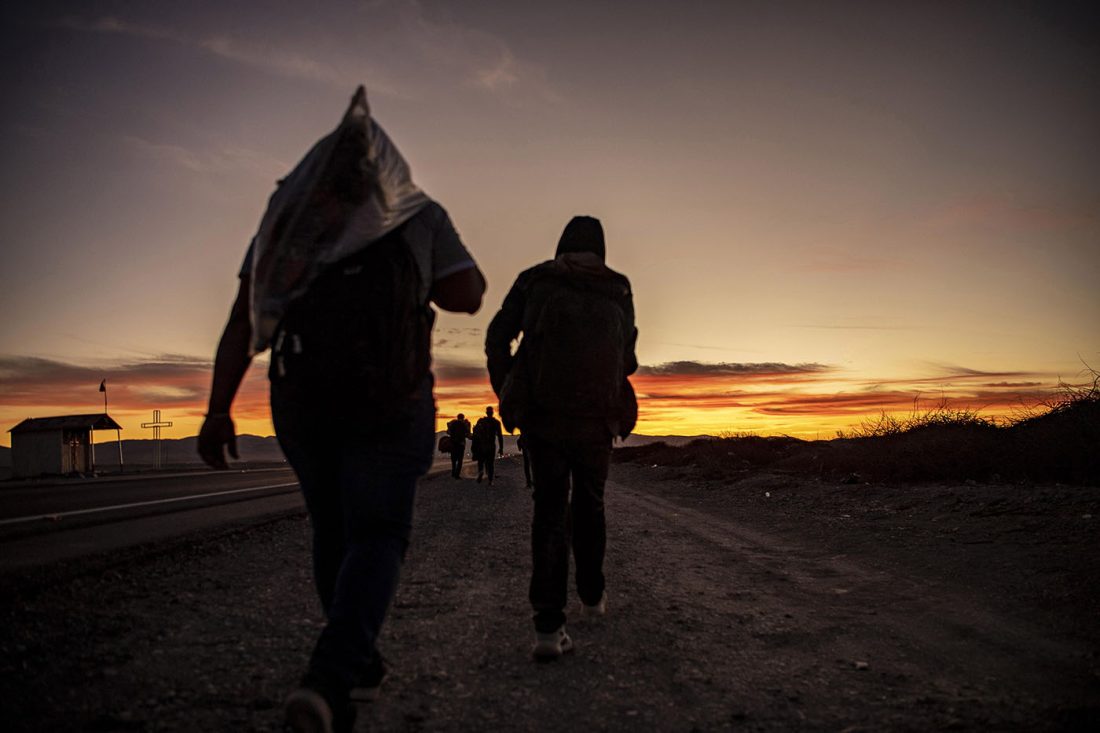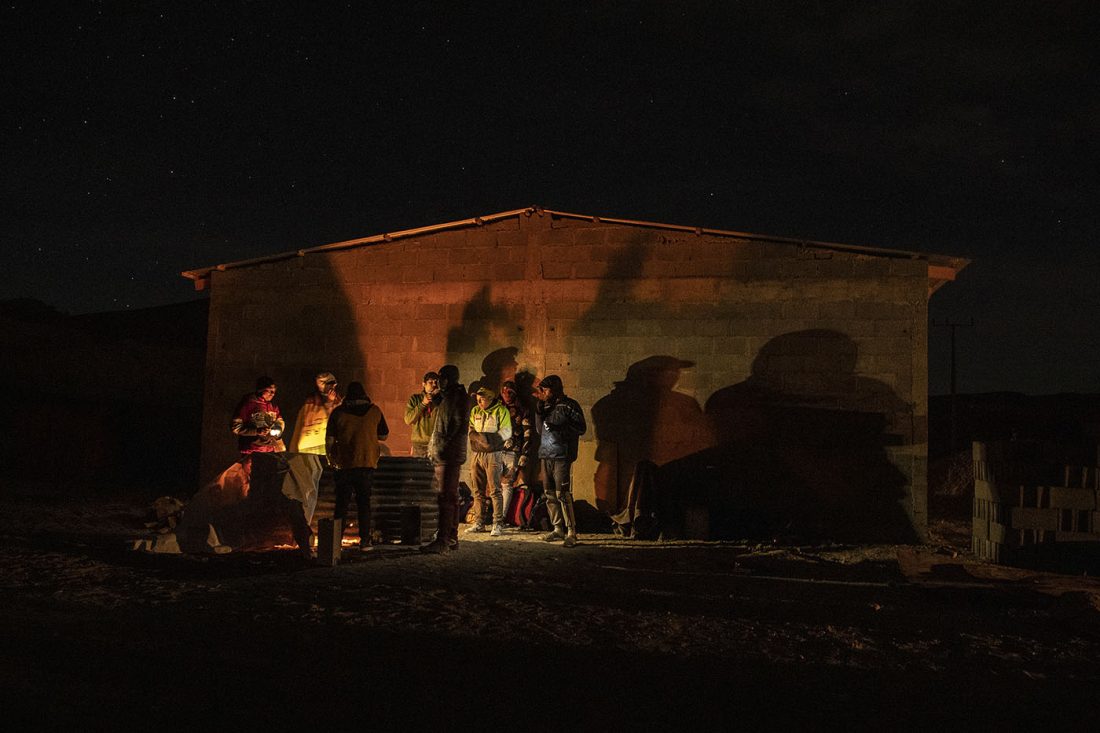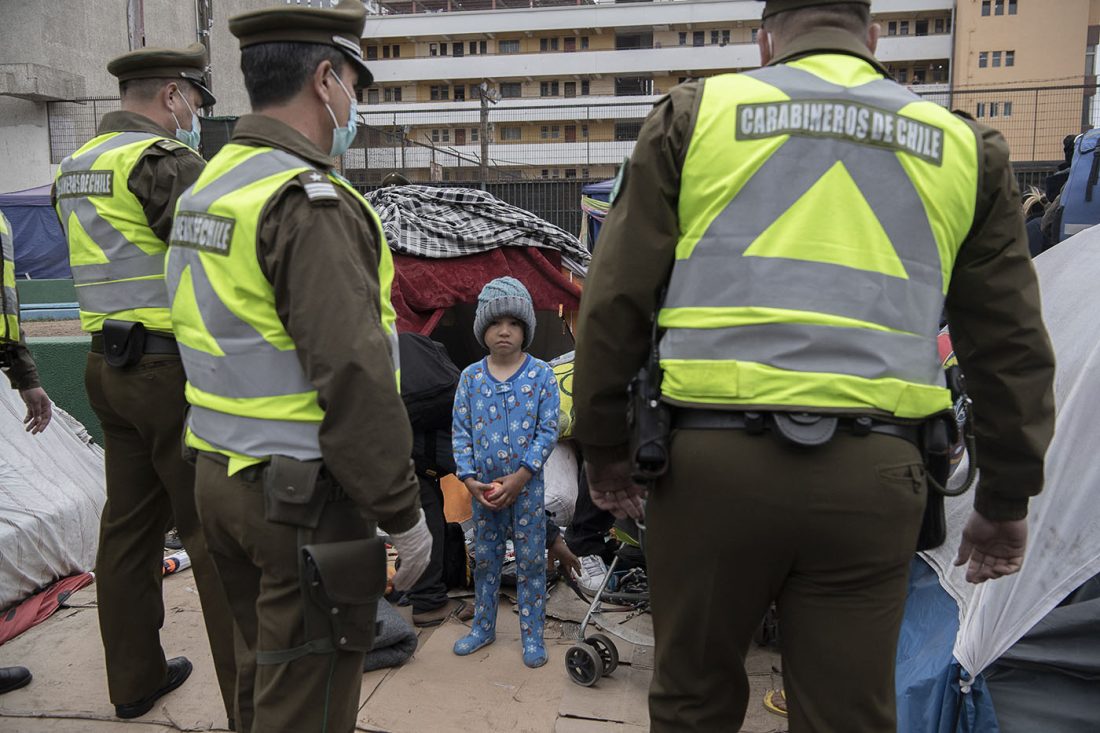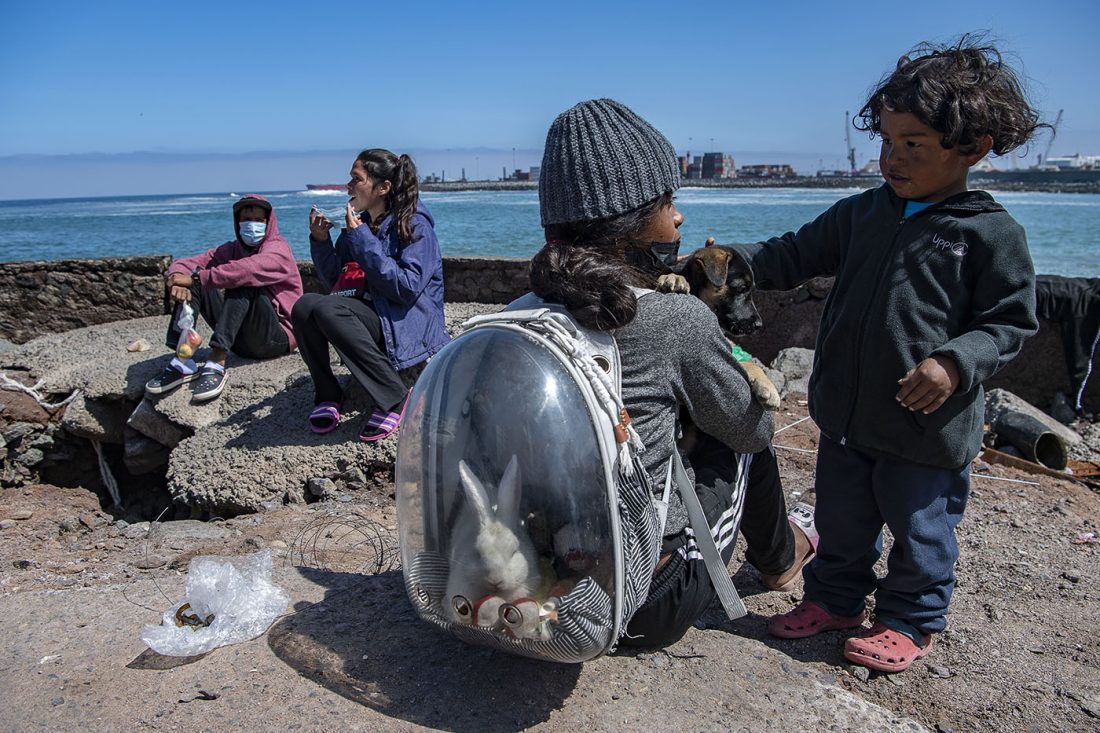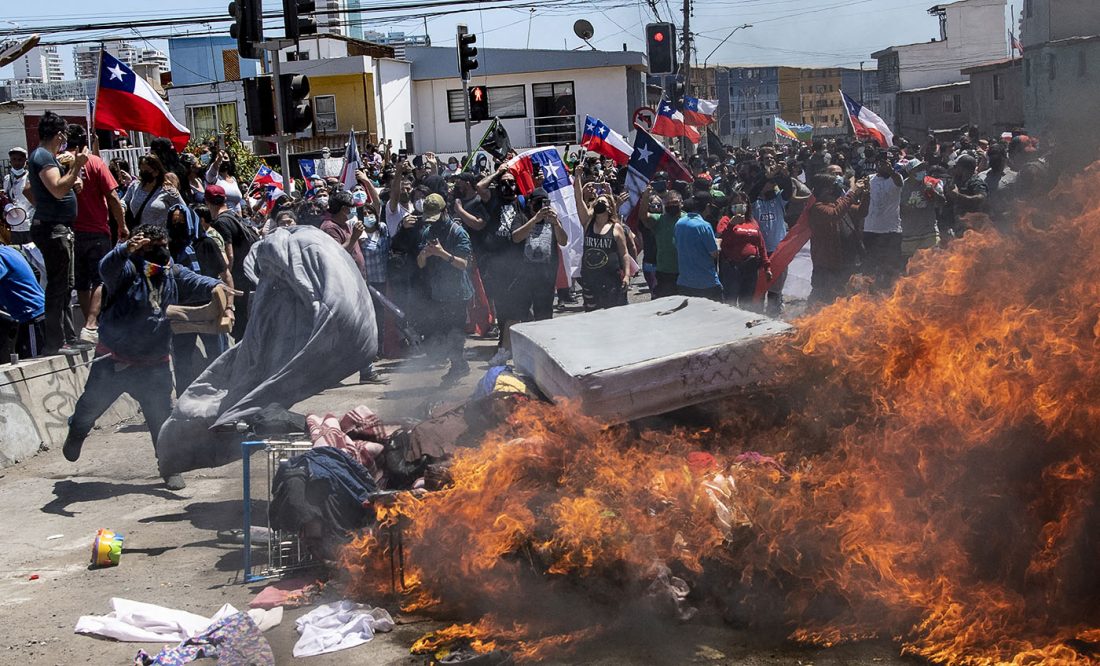The Last Frontier
Hand in hand with his father, 11-year-old Julio arrives in northern Chile after completing a risky journey that started in Venezuela and took him through five South American countries. He is tired and scared, like hundreds of Venezuelans who cross the border every day in search of refuge.
“What I want is to see my mother and get there now”, says Julio shyly, who has just crossed into Chile with his father in Colchane, on the border with Bolivia, in the middle of the altiplano.
Ahead of them lies the Atacama Desert. More than 100,000 square kilometers of arid soil, a barren land 1,600 km long and up to 180 km wide. Julio’s story is that of hundreds of small children who sleep outdoors in bus terminals or on endless routes between Antofagasta, Colchane, Iquique and Arica, AFP journalists found on a long tour of the region.
Chile is the third destination in the region for the 5.5 million people who have left Venezuela, mired in the greatest political and economic crisis in its modern history, the second largest current exodus in the world after Syria. The country has received 460,000 Venezuelans, a figure only surpassed by Colombia and Peru, with 1.8 and 1.1 million respectively, according to UNHCR.
On September 25, a group of Chileans in Iquique protested against Venezuelan migrants installed in public space and burned their clothes, toys, blankets and tents donated by local organizations and neighbors.
“Events of this nature do not arise by spontaneous generation, but are fed by the discourse that assimilates migration to crime, criminalizing migrants in the eyes of the local population,” warns the UN Special Rapporteur on the human rights of migrants, Felipe González Morales.
“But they are not going to judge a whole country for a few damaged people,” says Jenny Pantoja, 34, who is waiting for help promised to her by a group of neighbors in Iquique to travel to Santiago with her five children, one grandchild, the children’s father and a son-in-law.
In Arica, on the border with Peru, Carabineros Major Patricio Aguayo explains on a border patrol that they are looking to intercept human smugglers, and that their mission is to protect the migrants and provide them with support.
Night falls and the patrol detects a group of seven Venezuelans. Under the vehicle’s headlights they are paralyzed, hugging each other, showing panic, while Aliegnis, 10 years old, clings to her mother, cries and begs to be allowed to enter Chile.

